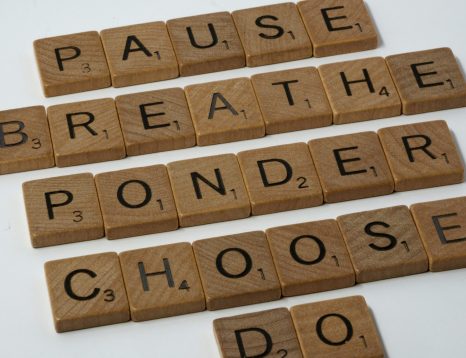
Have you decided to quit smoking? Congratulations!
The first day of quitting can be difficult. You will feel the urge for a cigarette intensely and you will feel like it will last forever. This is not true. The urge for a cigarette lasts for a short time and becomes easier to manage as you move away from the last cigarette. Below we outline five steps to manageiGet ready for the first day and gain the confidence that you can make it.
1. Have a break program.
The program helps you make the effort easier. It helps you stay focused, determined, confident, and motivated to quit for good. Make your own program in advance or find one that suits you. Ask about smoking cessation clinics, smoking cessation groups in your city, or other support programs and join them. They increase your chances of quitting for good. The right program or combination of different methods is different for each person. There is no single effective method. Be anBe honest with yourself by acknowledging your needs. If nicotine replacement therapy is something you have chosen, make sure it is available from the beginning.i.
2. Stay busy
To Keeping yourself busy is a very effective way to stay smoke-free on your first day. Being busy will help keep your mind off smoking and will keep you from craving a cigarette.
Try some of the following activities:
- Go outside for a walk.
- Chew strongly flavored gum or a hard candy (sugar-free)
- Chew cinnamon sticks
- Keep your hands busy with a pencil or toothpick, or play a game on an app.
- To drink very water
- Relax with deep breaths
- Go see a movie.
- Hang out with non-smoking friends and family
- Go out for dinner at a favorite restaurant with friends.
- Stop whatever you are doing at that moment and do something else.
- Give the urge to smoke time to subside. The intensity lasts a while, the cessation lasts forever.
3. Avoide the "triggers" of smoking
"The triggers" or detonators (triggers) are people, places, things, and situations that make you want to smoke. On the first day, decide to avoid the "triggers."
Here are some steps that can help you "outsmart" the most common "triggers":
- Throw away cigarettes, lighters, and ashtrays, if you haven't already.
- Avoid caffeine, which can make you jittery. Prefer the water better.
- Avoid smokers and prefer your "non-smoking" friends
- Visit places where smoking is not allowed.
- Pay attention to your rest time and food. Fatigue can be a "trigger" for smoking.
- Change your routine and avoid things associated with smoking.
4. Stay positive
Quitting smoking is hard. It takes a minute, an hour, a day at a time. Step by step. Try not to think of the process as something that lasts forever. Stay focused on today and the time that will add up little by little. It will help you stay positive. Your first day may not be perfect, but what matters is that you don’t smoke, not even a puff. Reward yourself if you stay smoke-free for 24 hours. You deserve it! If you’re not ready to quit, set a date that makes sense to you. If you need more time to prepare, give yourself some time.
5. Ask for help
You don't have to rely on willpower to quit. Talk to your family and friends and ifaannounce the first day of interruption. Ask for their support on the first day of quitting and for the first while, as long as you need. They can help you through the tough times. Tell them how they can be supportive. Don't suppose that they know.

BSC, MPH, PHD










